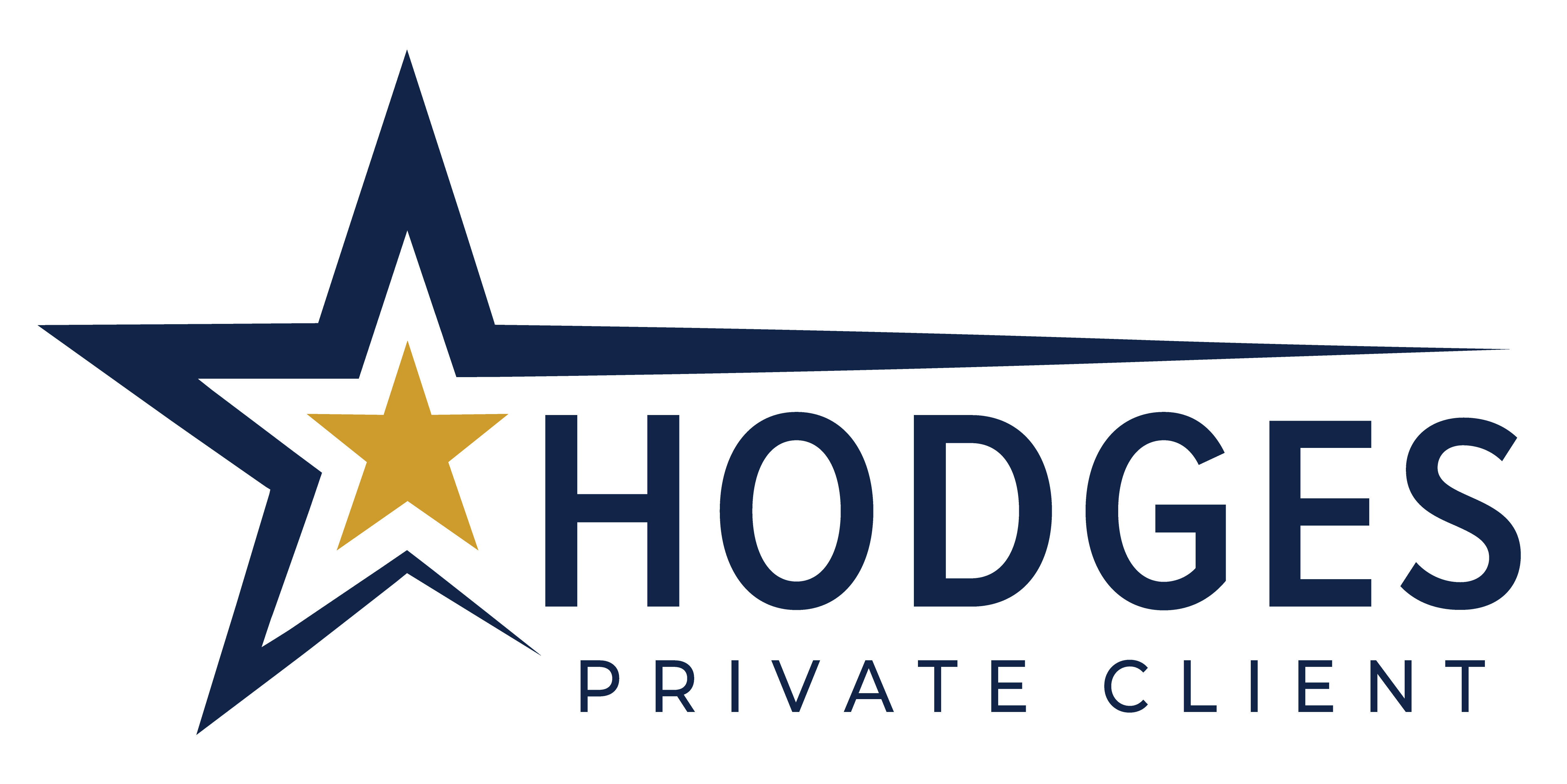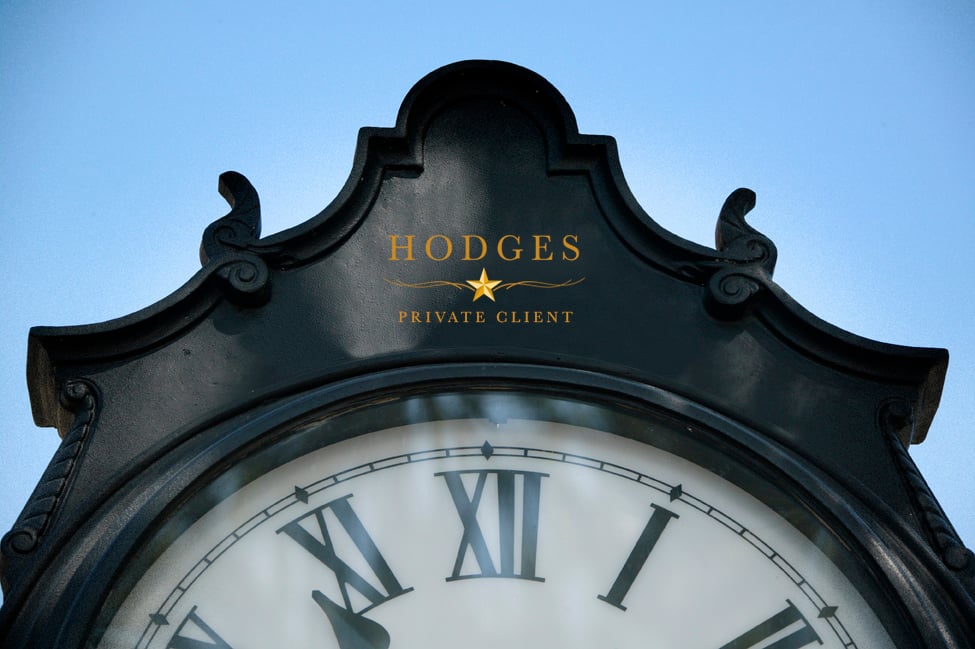Q1 2022 Market Update - Ignorance is Bliss
by Hodges Private Client Team, on Apr 12, 2022
Let’s imagine for a moment that your New Year’s resolution was not to read or watch any news for the next 3 months. No newspapers, morning shows, evening shows...literally no consumption of any news. Almost like you went to sleep for 90 days. Most likely impossible for any of us but humor me for a moment while I illustrate my point.
On April 1st, you emerge from the news doldrums, and can finally catch up on all that you missed. You first come to find the S&P 500 was down -5.5% for the quarter ended March 31st. You shrug your shoulders and might think to yourself “Well, it was up huge in ’21, so giving a little back is OK...heck, it probably needed it.” As you continue your reading, you undoubtedly notice that Russia invaded Ukraine in a completely unprovoked attack, the likes of which Europe hasn’t seen since Germany’s invasion of Poland in 1939. You also read that the Fed hiked rates by 25bps (.25 percentage points), and we just experienced the biggest inflation shock in 40 years. You think to yourself “How in the heck was the market down only -5.5%, all of this sounds like Armageddon.”
In utter disbelief, you pull up a chart of the S&P 500 and come to find out that on February 24th, and again on March 14th, the market was down -15% from where we started the year. Then you also notice how the market made a pivot and went essentially vertical for the last 15 days of March. Still in disbelief over what you missed, you make a deal with yourself to never again take a news hiatus, and paying attention to world affairs will be your #1 priority.
Sarcasm aside, I think you now understand my point. By not looking at the news, you saved yourself from much stress and perhaps the compulsion to do something about it. Often times the news cycle and market reaction are uncorrelated, yet we humans have been hardwired for fear and greed since the dawn of time. The former during times of great stress, and the latter during feelings of FOMO (Fear of Missing Out). Suppressing both of these emotions is the key to successful investing. As you walk with us along your financial journey, you will continue to hear about the need to be patient and disciplined with respect to achieving your long-term investing goals. Time in the market is far more important than the timing of the market.
So, tell me. Why did the market come back so fast given all the negative news? Sadly, I don’t know and neither does anyone else. Knowing the reasons why is irrelevant but knowing how to react is very relevant. What I can tell you is that markets pre-price and re-price in short order (and in some cases, extremely short order). During most years markets tend to correct between 5-20% to the downside, and the reason is always different. Yet the volatility of the markets during those corrections tends to be very much the same. It goes something like this: “X” event happens, it’s a perceived negative, the market goes down. It’s always a ready, shoot, aim type of scenario. Then, as more information is released about “X”, there is more clarity as to its actual impact and potential time horizon/duration/severity. Once there is a glimpse of clarity on the horizon, the market starts to trend back up. All of this happening well before “X” has been totally remedied. I talked about this in one of my prior pieces here.
On the Horizon
We are not market forecasters here for two reasons. One, there is no way to consistently be right. Two, things can go from good to bad and bad to good in an incredibly short period of time. Just look at Q4 ’21 compared to Q1’22…from nothing but good news to mostly bad news. Yet, we can at least give out a couple tidbits that we see on the horizon, currently a little blurry, but will soon come into focus.
Build Back Better, the tax and spending bill that had been so hotly debated in the closing months of ’21, seems to have fizzled. Senators Manchin (D-W.VA) and Sinema (D-AZ) opted not to side with their respective party, thereby putting the legislation in limbo. The events of February turned our politicians from looking inward to looking outward, and for legislation’s sake, this couldn’t have come at a more opportune time. Legislation of this magnitude could have ramifications for the market, so we always want to keep tabs on the status of such proposals. Last week President Biden resumed kicking around a portion of what was included in the original bill, wealth taxes on America’s uber rich, but he might just be grabbing for straws at this point; just a way to let his constituents remember that he’s at least trying. You can review my thoughts on the political climate here or listen to the podcast here.
As we get into summer, we’ll begin to see the beginnings of campaigning for the mid-terms. Given the slim margins dividing power in the House and Senate, only a handful could sway it either way. There is a tendency in mid-terms (following Presidential elections), that the party who lost the White House, makes gains in the House or Senate, or both, thereby creating a truly divided political landscape. The stock market tends to respond well to political gridlock, because legislative risk becomes greatly diminished.
Corporate earnings season will start to kick in late April and into May. We’ll get more information on the state of the supply chain from all companies. We’ll also be able to gauge if they’ve been able to pass along the price increases while maintaining margins. Any travel-related company will have data from Spring Break, and how Summer travel bookings are trending, which should give us a better glimpse into the consumer’s appetite to spend. Should be an interesting earnings season to say the least.
If you don’t read the news, you’re uninformed. If you read the news, you’re misinformed. -Anonymous
Understanding what you own is better than guessing if you’re on the right side of a trend. -Alan Ebright
Sincerely,
Alan Ebright
Director of Client Relationships
Hodges Private Client is a program offered through Hodges Capital Management, Inc. (“HCM”). HCM is an Investment Advisory Firm registered with the Securities and Exchange Commission (“SEC”), is a wholly owned subsidiary of Hodges Capital Holdings and serves as investment advisor to the Hodges Funds. HCM is affiliated with First Dallas Securities, Inc, a broker-dealer and investment advisor registered with the SEC.
This discussion is not intended to be a forecast of future events and should not be considered a recommendation to buy or sell any security. Past performance is not indicative of future results. Investing involves risk. Principal loss is possible. Investing in smaller companies involves additional risks such as limited liquidity and greater volatility. No current or prospective client should assume that information referenced in this communication is a recommendation to buy or sell any security or is a substitute for personalized investment advice from your individual advisor. HCM does not provide tax or legal advice. Consult your tax or legal advisor for any related questions.
All information referenced herein is from sources believed to be reliable and is provided as general market commentary and does not constitute investment advice. This material was created for informational purposes only and the opinions expressed are solely those of HCM. HCM shall not in any way be liable for claims and makes no expressed or implied representations or warranties as to the accuracy or completeness of the data and other information. The data and information are provided as of the date referenced and are subject to change without notice.






